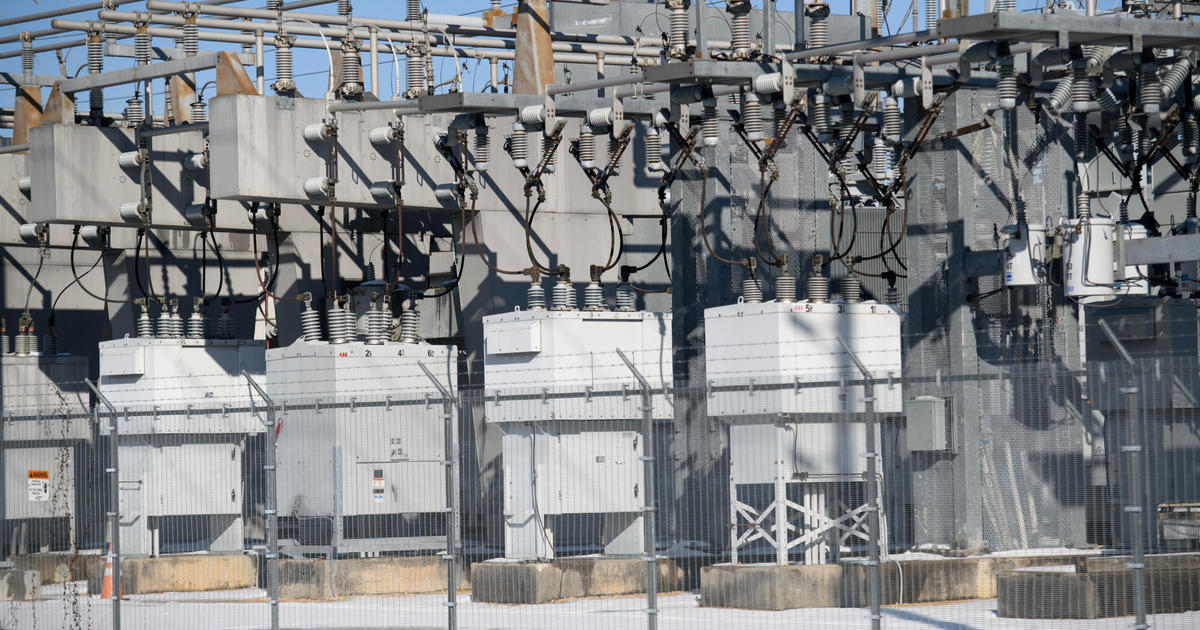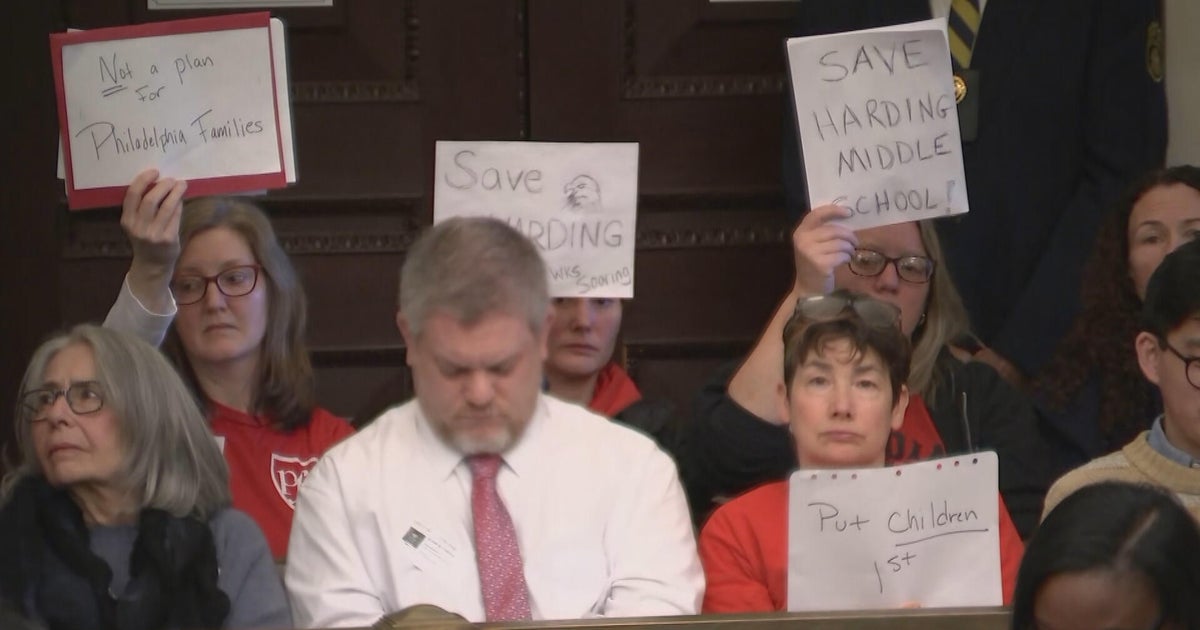Water Percolates Up Texas Legislature's Agenda
AUSTIN (AP) — After years of chatter, water appears to have finally percolated to the top of the Texas Legislature's agenda.
House Speaker Joe Straus says tackling the current shortage and growing demand for drinking water is the biggest problem facing Texas today. Lt. Gov. David Dewhurst has floated the idea of starting a Texas Water Development Bank with $1 billion from Rainy Day Fund.
There is no doubt that Texas is in dire need of a well-funded water plan, and lawmakers on both Republicans and Democrats appear ready to do something this year. Part of the impetus comes from experiencing the worst single-year drought in Texas history in 2011. The rest comes from the realization Texas isn't ready for the next one.
"I think it's very encouraging that the discussion is beginning now, and in advance of the session, to address one of the issues that we absolutely have to seriously address," Straus told The Associated Press in an interview.
The growing water problem is a byproduct of the state's economic success. The state's leaders like to brag about how Texas attracts jobs and people to move here and the state demographer estimates that Texas's population is expected to grow from 25 million in 2010 to 55 million in 2050. That's a lot more thirsty people.
In January, the Texas Water Development Board updated its State Water Plan, which forecasts a 18 percent increase in demand while the amount of water available is expected to drop by 10 percent. The board also recognizes that the growing need for electricity will also lead to a greater demand for water for generation plants.
The board predicts that failing to take action now could lead to a loss of 1 million jobs and $115.7 billion in business by 2060.
Frugal lawmakers, though, look askance at the board's $53 billion price tag to build new reservoirs, dams, pipelines and wells over the next 50 years to meet the growing demand for water. So far the Legislature has not appropriated any cash to help fund the water plan.
Environmentalists aren't thrilled, either. They find fault with the board's reliance on new construction rather than conservation to solve the state's water problems.
"It proposes to remedy many of these shortfalls with antiquated and expensive solutions," the Environmental Defense Fund wrote in one analysis. "For example, in addition to the 26 proposed reservoir sites — up from 14 in 2007 — there is a series of proposed long-haul pipeline projects, which would create expensive and potentially environmentally damaging impacts, while still not being a reliable resource."
Residents and industries in many areas where the board proposes new reservoirs have already come out against proposed water projects and threatened lawsuits. Opposition to eminent domain land purchases in rural areas is also growing, making it more difficult to make way pipeline and dams.
Next year lawmakers will hear from a number of constituents with competing interests on water. Timber companies don't want any more East Texas land flooded, many high-tech companies need water for new plants, ranchers don't want pipelines cutting across their land, farmers want a share of river water for irrigation and fisherman need freshwater flowing into Gulf Coast estuaries. Not to mention growing cities like Dallas, Austin and San Antonio that need more drinking water.
The Legislature must also decide what to do with a Texas Supreme Court decision earlier this year that guaranteed landowners the right to all of the groundwater beneath their land, subject to only limited regulation. Most states abandoned the so-called Rule of Capture long ago in order to more carefully manage the flow of water through aquifers. But in Texas, where landownership reigns supreme, the state relies on a law that dates back to medieval Europe.
In the 21st century, though, the Texas Water Development Board reports that in every corner of the state, the Streamflow Index ranks from abnormally low to exceptionally low, the worst possible condition. Groundwater levels are also dropping fast. Climatologists are warning of another drought in 2013.
Lawmakers will have plenty to think about as they debate water laws next session, and how to keep the taps flowing.
(© Copyright 2012 The Associated Press. All Rights Reserved. This material may not be published, broadcast, rewritten or redistributed.)
Also Check Out:







